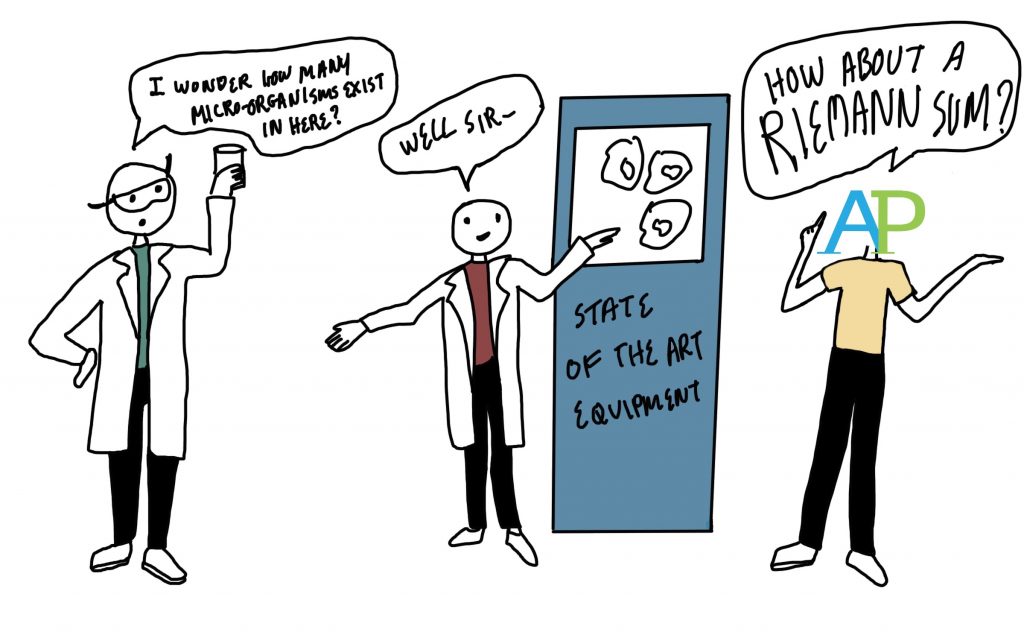By Aneesh Karuppur (V)

A few weeks ago, I got to participate in my first Pingry Career Day; I found it to be just what I expected. The alumni were engaging, knowledgeable, and insightful, and my only complaint was that I didn’t get to spend enough time with them. Overall, it was a great experience.
But, as I left each room, I thought about the speakers’ thoughts on college education and the value of Pingry. Most said they did not learn the knowledge they use on a daily basis in college or at Pingry, but instead entirely on the job. To these speakers, their college education was more of a logic exercise than a specific skill-set.
Of course, this heavily depends on the line of work one goes into. Somebody interested in researching computer science would obviously find it beneficial to study computer science in college, while somebody planning to work in an oil field would find a chemical engineering major useful as well. Though, in the panels I attended—entrepreneurship, medicine, and management consulting—only a few of the speakers had degrees that specifically related to their fields.
The skills that were oft-cited by my speakers were logic, communication, and problem solving. While a college education can help develop these skills, they are learned through practice rather than lectures.
This made me think about the value of Pingry’s curriculum in a modern workforce from a student’s perspective. The number of fields that rely on technology to do the bulk of the work and calculations is already high and constantly increasing. The understanding of a process has become more important than simply memorizing the result. So, is the typical Pingry class supportive of that goal?
The answer is complicated and depends on who you ask. The College Board would probably wax and wane on how useful its AP Exams are, but given its insistence that the SAT is a meaningful predictor of student competence, I take it with a grain of salt. I took the AP World History exam last year, and I found that simply memorizing all the events and dates is much more helpful for the exam than understanding why something happened. If I had never taken World History 9 or 10, I would probably have an exceedingly shallow knowledge of World History based on the exam. My AP Calculus BC exam featured problems about counting the number of plankton in water; if a real ecologist was studying those organisms, I would hope they weren’t using vague estimation methods like the ones the AP asked me to use.
But does this formulaic learning extend to Pingry’s AP courses themselves? Some, perhaps, more than others. While AP Calculus BC is definitely a well-taught and engaging class, the curriculum is tied to the AP course schedule, which means the course can’t go into as much depth as I might have liked. In AP Physics this year, we glossed over some in-depth analyses of topics like rotation and air resistance because of the number of topics that need to be covered for the AP Mechanics exam. This is in no way the fault of the teachers; it’s just that the AP tends to reward specific application of knowledge (that often has little real-world significance) rather than sound logic, good communication, and problem solving skills that one might actually use in a job.
Pingry’s courses are meant to prepare students for specializing in college, but I often feel as if those courses ought to be more organic and less tied down.
Here’s a radical solution: get rid of AP-designation courses. Numerous independent schools have eliminated AP courses entirely, and I don’t think it’s too revolutionary for Pingry to follow suit. Pingry prides itself on letting teachers develop their own curriculum. Non-AP classes, such as Biology II Honors, tend to include case studies and real-world projects, while AP United States History has to speed through Reconstruction to get to the 1920s by March.
Pingry teachers could have much more control over their lesson plans and replace tests with papers, essays, and projects (as I discussed in my last opinion here). Pingry can still host AP exams for students who want to demonstrate their aptitude for colleges; it just shouldn’t have to teach to the test.
I don’t expect Pingry to drop all AP courses tomorrow and replace them with totally faculty-and student-driven ideas. However, I hope that Pingry takes note of the changing world and skillsets and ultimately realizes that the College Board’s outdated conceptions might not be sufficient anymore.
